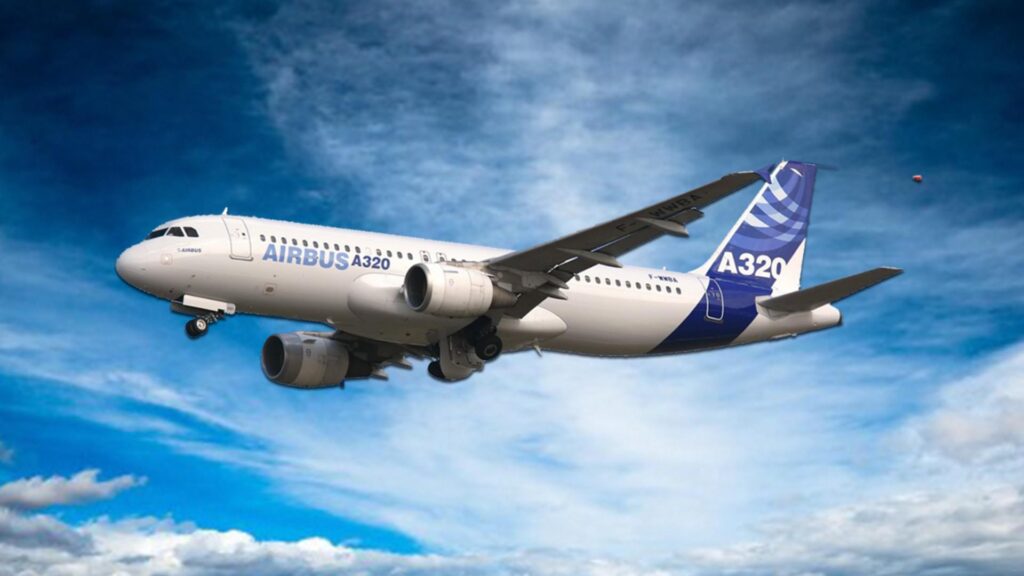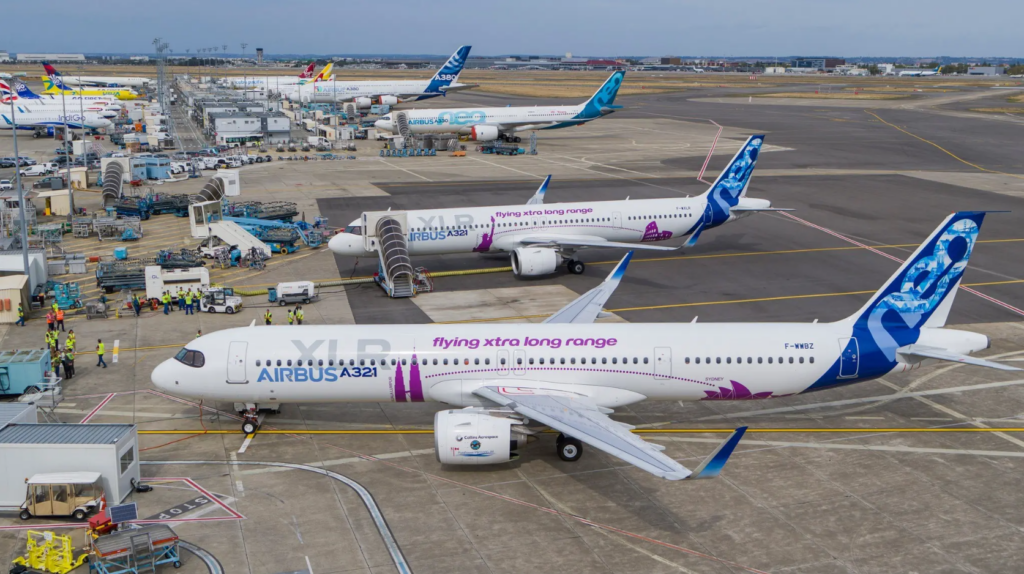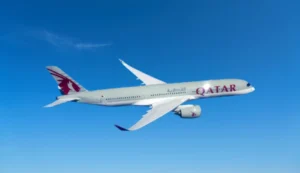Airbus Boosts 20-Year Jet Demand Forecast as Airlines Modernize Fleets
Airbus has raised its 20-year jetliner demand forecast, driven by fleet modernization and soaring air travel in Asia, projecting a global fleet of 48,230 planes.

Photo Source: wallpapercave.com
Airbus has updated its 20-year forecast for jetliner demand, projecting a significant increase as airlines refresh their long-haul fleets and the booming economies in Asia drive air travel growth. The aerospace giant now predicts the global fleet will more than double to 48,230 planes over the next two decades.
In its annual industry report, Airbus anticipates 42,430 new airplane deliveries, including 41,490 passenger jets, marking a 4% rise from previous estimates. The forecast divides demand into two main categories: single-aisle planes, which are the most sold models, and wide-body jets for long-haul trips.
Single-aisle planes like the Airbus A320 and Boeing 737 series are expected to see a 3% increase in demand to 33,510 units, thanks to their improved range and performance. Meanwhile, the long-haul segment is experiencing a resurgence, with demand for larger wide-body planes climbing sharply. Airbus has revised its wide-body demand forecast up by 9% to 8,920 units, driven by double-digit increases in North and South America. However, the forecast for the Middle East has been slightly reduced due to overcapacity concerns.
Included in the wide-body forecast are 940 large freighters, up 2% from the previous report. The Airbus A321XLR, a long-distance single-aisle jet, is set to receive certification soon, while Boeing is developing a longer-range version of its 737 MAX.

Economic projections suggest that 1.7 billion people will join the middle class over the next 20 years, contributing to increased air travel. Bob Lange, head of market analysis and forecasts at Airbus, highlighted the strong growth in Asia and the Middle East, particularly in India and China. He noted that domestic traffic in China is expected to surpass that in the U.S.
The report underscores the shift in focus towards India, with the fastest-growing traffic flows linked to the Indian subcontinent. Despite the optimistic outlook, the aviation industry’s growth prospects have drawn criticism from environmental groups concerned about climate change. Airbus argues that new jet deliveries will help reduce emissions, supported by the development of greener fuels.






